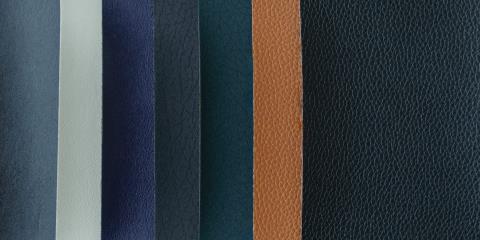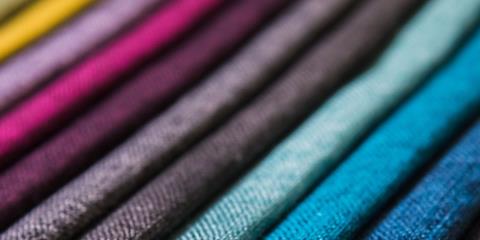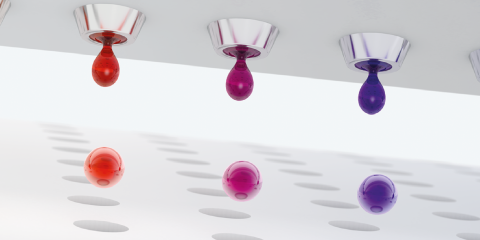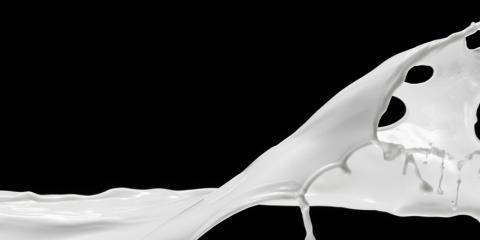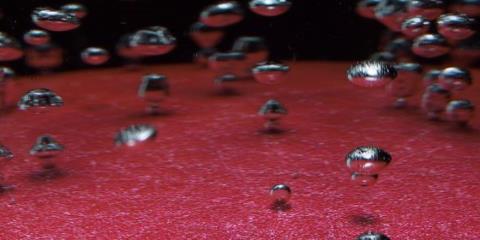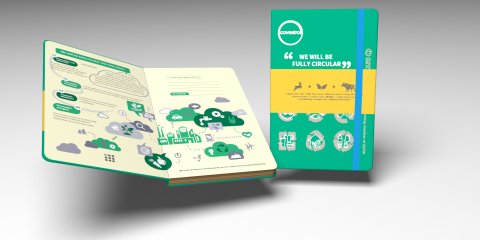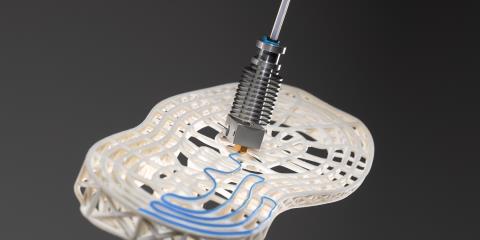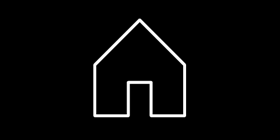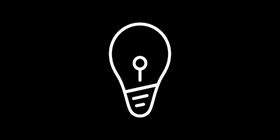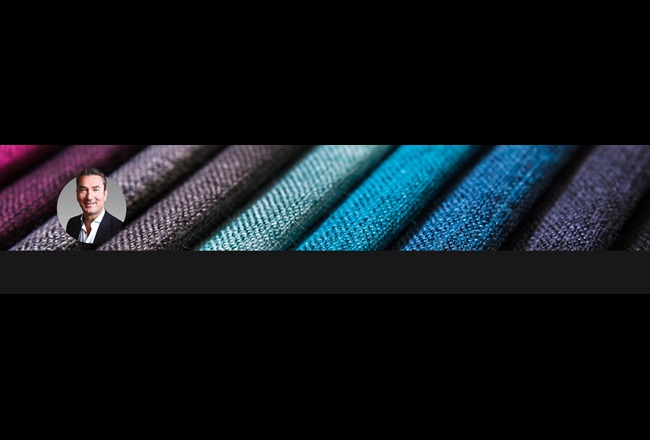
How the textiles industry is preparing for the future
October 31, 2024
Collaborating to create high-performance, future-proof textiles coatings
1. What are the biggest trends in the textiles industry, and how do they shape Covestro’s innovation?
Sustainability is obviously a major driver in the textiles industry. Consumers care more and more about the environmental and social impact of their purchases, and so our customers – including original equipment manufacturers (OEMs) and consumer brands – are now taking a closer look into their products’ carbon footprint.
These customers are looking for material developments that help them meet their sustainability targets while still offering performance and price-competitiveness. That demand has helped shape the development of our partly bio-based and mass-balance-based raw materials, for example.
Related to sustainability is a big trend toward digital printing, since this is less energy- and resource-intensive than traditional roller printing. But digital printing offers a second advantage in the personalization of materials at scale. That’s because you use the pigment at exactly the moment you need it, and the printer does most of the work – making it much easier and more cost-effective to create one-off designs.
Finally, there’s also a trend to combine performance with new functions, particularly in automotive applications. These textile coatings need to offer performance properties such as resistance to stains and wear. But using translucent coatings creates additional opportunities to incorporate LEDs into automotive interiors, for example, enabling lighting and signage.
“Continuous conversations with partners across the value chain are critical – that way, we can keep our finger on the pulse of textile developments and harness the opportunities these bring for our customers.”
2. How can application testing enable the development of future-proof materials?
We’re always aiming to meet our customers’ future needs – in terms of both performance and sustainability – across the various applications in the textiles industry. It’s why we’ve worked to build up a wide range of textiles coating solutions, including partly bio-based options.
Application testing means we’re not just telling our customers: “Here's a material, it should work.” We’re saying: “Okay, we can test and refine and make sure that this material can definitely fulfill what you need it to.”
To simulate our customers’ varied production processes, we have a wide range of application machinery in our Technical Center. Because of the ability to test properties directly in the application, we can also support customers with their formulation and process development, enabling them to develop new – and often more sustainable – materials.
As an example, we recently worked with one customer to help them develop a new, more sustainable material with a significantly reduced carbon footprint, thanks to a water-based PU coating with a bio-based content of up to 56%*. This customer was able to develop and pre-test the materials on our pilot line, fine-tuning the properties to create a product they’re really happy with.
3. What application possibilities are opening up for textiles coatings?
When you think about textiles, you might think about fashion and clothes, or soft furnishings and household materials. But textiles are even more versatile than this, and the industry is also exploring new application areas.
For instance, textiles are increasingly used in technical applications like conveyor belts, expansion bellows, and tents. We are also seeing some innovative approaches to using textiles in construction, since they are easier to shape than traditional materials like steel. This could open up much more flexibility in building designs – think of rounded bricks!
It’s critical to use the right coating for each of these applications – which is why we aim to offer a broad range of coating solutions for our textiles customers. What’s also critical for us are continuous conversations with partners across the value chain – that way, we can keep our finger on the pulse of textile developments and harness the opportunities this brings for our customers.









